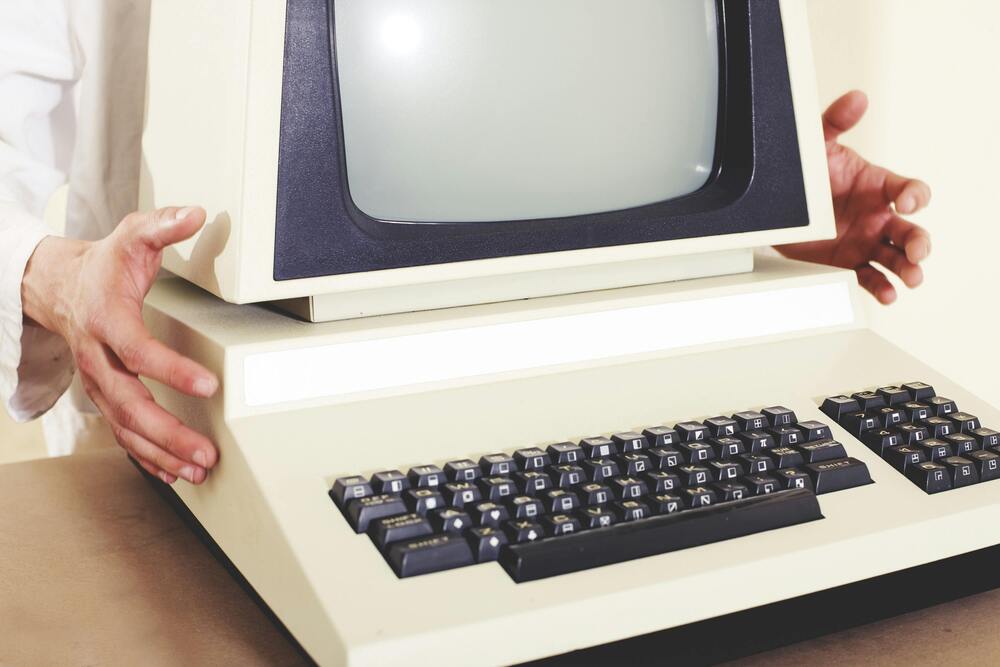In today’s digital age, our computers serve as indispensable tools for work, entertainment, and communication. However, as we load them with more software and data, their performance can suffer. Luckily, there are several tips and tricks you can employ to optimize your computer’s performance and ensure it runs smoothly. Let’s explore some of these strategies:
Clean Up Your Hard Drive

Over time, your hard drive can become cluttered with temporary files, unused programs, and other unnecessary data. Regularly cleaning up your hard drive can free up space and improve performance. Use built-in tools like Disk Cleanup on Windows or Disk Utility on macOS to remove unnecessary files and optimize your disk space.
Many programs automatically launch when you start your computer, consuming valuable system resources. Review and disable unnecessary startup programs to speed up your computer’s boot time and reduce strain on your system. On Windows, you can manage startup programs using the Task Manager, while on macOS, you can adjust startup items in System Preferences.
Update Your Software
Keeping your operating system and software up to date is essential for optimal performance and security. Updates often include bug fixes, performance improvements, and new features that can enhance your computing experience. Set your system and applications to automatically update, or regularly check for updates manually.
Web browsers can be resource-intensive, especially when loaded with multiple tabs and extensions. To optimize your browsing experience, consider using a lightweight browser, such as Mozilla Firefox or Google Chrome, and limit the number of open tabs and extensions. You can also clear your browser cache and cookies regularly to improve performance.
Upgrade Hardware Components
If your computer is still sluggish after trying software optimizations, it may be time to consider upgrading hardware components. Adding more RAM, upgrading to a solid-state drive (SSD), or replacing an aging processor can significantly improve performance and extend the lifespan of your computer.
Excessive heat can cause your computer to slow down and even damage internal components. Ensure proper airflow around your computer by keeping vents clear and avoiding blocking cooling fans. Consider using a laptop cooling pad or desktop fan to help dissipate heat more effectively.
Regular Maintenance

Performing regular maintenance tasks can help prevent performance issues and keep your computer running smoothly. This includes running antivirus scans to detect and remove malware, defragmenting your hard drive (if using a traditional HDD), and periodically cleaning dust and debris from hardware components.
By following these tips and tricks, you can optimize your computer’s performance and ensure it remains a reliable tool for your daily tasks. Remember that maintaining a clutter-free and well-maintained system is key to maximizing performance and prolonging the life of your computer.


Leave a Reply